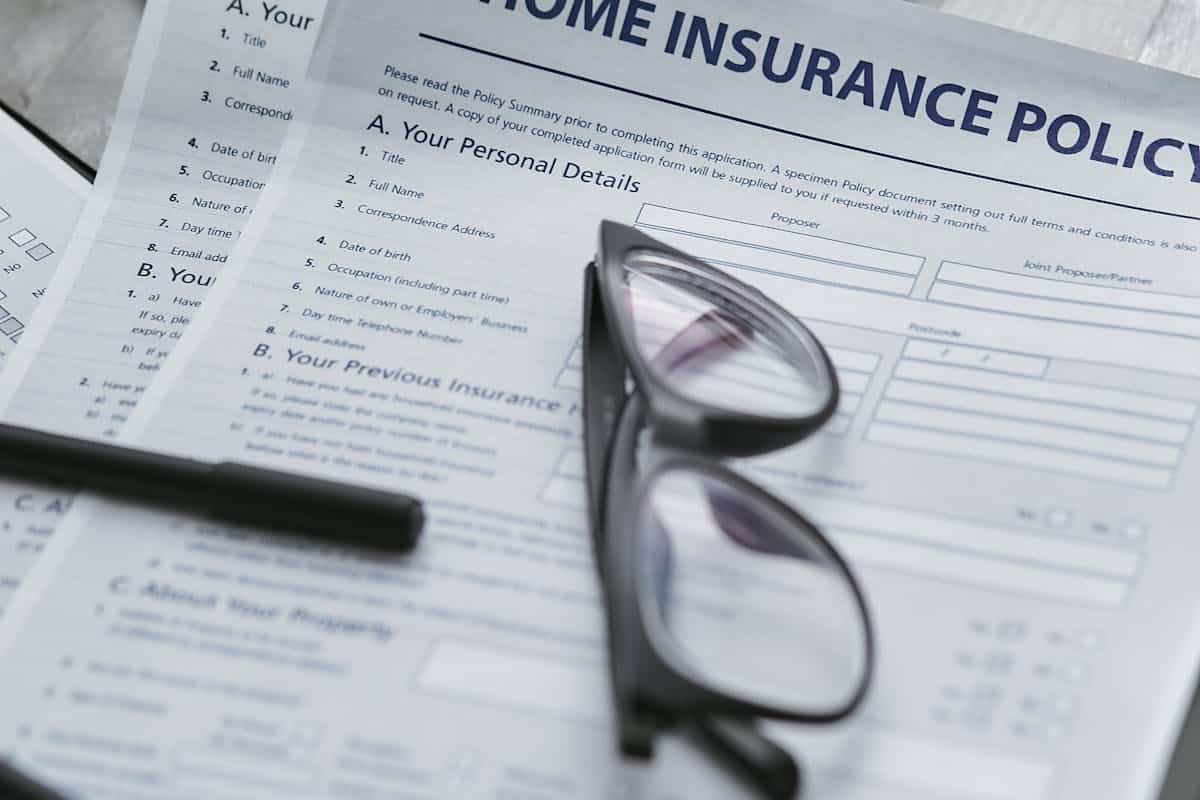Table of Contents
Owning a block of flats comes with unique responsibilities. Freeholders building insurance for flats is one of the most significant. It provides financial protection for the physical structure and communal areas of the property, ensuring freeholders can manage risks effectively.
What is Freeholders Building Insurance?
Freeholder building insurance is tailored for property owners responsible for maintaining multiple flats within a single building. It covers the entire structure, communal gardens, and shared spaces, ensuring the property is safeguarded against potential damages or claims.
Key inclusions like accidental damage, liability cover, and home emergency cover provide peace of mind. It also ensures compliance with legal requirements, a critical aspect for mortgage lenders and leaseholders alike.
Why is Buildings Insurance Essential for Freeholders?
Managing a block of flats requires an appropriate insurance cover to address the unique risks involved. Buildings insurance covers the financial burden of repairing structural damage caused by fire, flood, or storms. It also handles third-party liability claims, such as accidents occurring in communal areas.
For properties with leaseholders, freeholder buildings insurance policies simplify cost-sharing. Premiums are often included in the annual service charge bill, ensuring everyone contributes fairly.
Benefits of Freeholders Insurance
A comprehensive freeholder insurance policy offers several advantages:
- Financial Protection: Covers repair costs for structural damages and legal fees for complex claims.
- Liability Insurance: Protects freeholders from legal claims related to injuries or property damage in communal areas.
- Alternative Accommodation: Provides funds for housing tenants temporarily if flats become uninhabitable.
- Simplified Management: Often arranged by a property management company or managing agent to reduce the burden on freeholders.
What Does Buildings Insurance Cover?
Freeholders need specialist cover that includes:
- Physical Structure: Walls, roof, and foundations.
- Communal Areas: Shared staircases, hallways, and gardens.
- Boiler Cover: Maintenance and repair of central heating systems.
- Liability Insurance: Protects against third-party claims.
- Contents Cover: Limited protection for communal furniture or fixtures.
For blocks with more than one dwelling, a standard block insurance policy ensures every flat is adequately covered. Policies will even address leasehold property concerns, such as arranging buildings insurance tailored to individual flats.
Factors Affecting Insurance Costs
Several factors influence the cost of buildings insurance for freeholders:
- Claims History: Properties with frequent claims may face higher premiums.
- Type of Building: Converted houses may require bespoke policies.
- Insurance Provider: Rates vary, so comparing recognised independent price indices is essential.
- In-House Claims Team: Providers with dedicated teams often streamline the claims process.
- Service Charge Contributions: These are typically passed to leaseholders, balancing costs.
Simplifying the Process
Many freeholders rely on property management companies to arrange insurance cover. These professionals understand the nuances of freeholder insurance, from liability cover to communal areas. Managing agents ensure the policy aligns with legal requirements and offers robust protection.
For smaller blocks, freeholders may opt to handle the insurance directly. In such cases, it’s vital to choose an insurance provider familiar with flats insurance cover and specialist policies for freehold property.
Choosing the Right Policy
Finding the right insurance for freeholders involves:
- Assessing the needs of the entire building, including leasehold buildings insurance.
- Ensuring liability cover is sufficient for all communal spaces.
- Confirming that policies include legal expenses for disputes.
- Evaluating additional options like home emergency cover and boiler maintenance.
When done correctly, a well-structured policy eliminates disputes over costs. Policies requiring only one excess payment for claims simplify administration and reduce confusion.
Final Thoughts
Managing a block of flats demands careful planning and appropriate insurance cover. Freeholders building insurance for flats is vital for protecting the entire building, including communal areas and multiple dwellings. The right policy ensures financial security and smooth operations for freeholders and leaseholders alike.
Freeholders building insurance for flats isn’t just about meeting legal requirements—it’s about ensuring the long-term protection of your investment and the people who call it home.
Frequently Asked Questions
What is joint freeholder building insurance?
Joint freeholder building insurance allows multiple freeholders to share the responsibility of insuring a property, providing comprehensive coverage for the entire building.
Does freeholder buildings insurance cover third party liability?
Yes, freeholder buildings insurance cover typically includes third party liability cover, protecting against legal claims for injuries or damages occurring on the property.
Is landlord insurance necessary for freeholders?
Landlord insurance is essential for freeholders renting out flats, as it provides additional protection for rental income, property damage, and liability claims.


